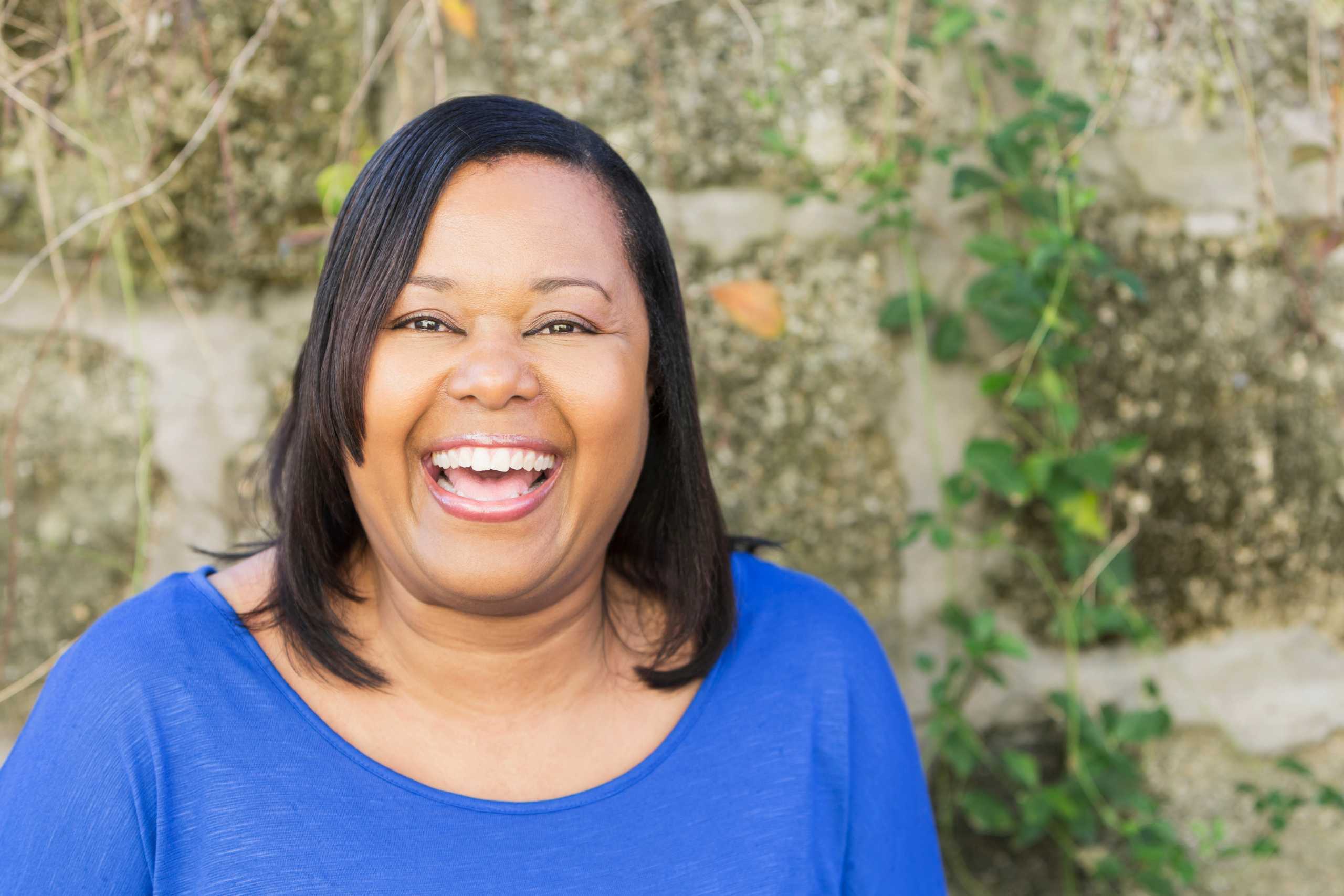Hemorrhoids are swollen veins around the anus or in the anal canal. They are very common during and after pregnancy—it’s estimated that 25% to 35% of pregnant women are impacted by hemorrhoidal disease.1
Symptoms from hemorrhoids can be difficult to deal with during pregnancy, especially if they don’t go away on their own after a few days. Anal itching, irritation, and swelling can make sitting down or having a bowel movement, extremely uncomfortable.
Understanding what can cause hemorrhoids during pregnancy and how to alleviate symptoms can help you get relief while pregnant and postpartum.
Pre-existing hemorrhoids can worsen during pregnancy because of the extra pressure from a growing uterus and hormonal changes. Seeking treatment before becoming pregnant can help any swollen veins heal beforehand. Addressing risk factors that cause hemorrhoids can help prevent them from developing when pregnant.
Several factors can cause hemorrhoids during pregnancy:
Internal hemorrhoids develop in the rectum, so they aren’t usually visible. However, you might notice blood in the stool or on toilet paper if you have an internal hemorrhoid while pregnant. Itching, irritation, and discomfort around the anus during a bowel movement are other symptoms. If they progress and become more severe, they can bulge outside of the anus (prolapse). A prolapsed hemorrhoid will look like a small, soft red or pink lump protruding out of the anus.
An external hemorrhoid forms under the skin around the anus. This type of hemorrhoid will look like a hard lump and feel tender. External hemorrhoids usually disappear after a few days or weeks and don’t require medical treatment.
Hemorrhoids during pregnancy might range from the size of a pea to as large as a grape. They can also appear to grow larger during or right after a bowel movement because of swelling.
Hemorrhoids that develop during pregnancy often form in the last trimester—after week 28—and they often resolve on their own after birth.2 However, they can start earlier and persist, causing significant discomfort from anal itching, swelling, and bleeding.
You can help alleviate symptoms at home with the following tips:
Internal hemorrhoids that don’t go away on their own may require medical treatment. If you notice signs of internal hemorrhoids while pregnant for more than a week or two, it’s important to see a doctor to determine the best way to help you get relief from symptoms and prevent the hemorrhoids from becoming more severe. A hemorrhoid doctor can recommend a personalized non-surgical treatment plan that’s safe for you and your growing baby.
The right hemorrhoid treatment will depend on how severe the hemorrhoids are and where you are in your pregnancy.
Pushing during childbirth puts pressure on rectal veins, which can worsen hemorrhoids that develop during pregnancy or create new hemorrhoids. In the postpartum period, you can continue with many lifestyle and at-home care methods used to help prevent hemorrhoids or manage symptoms during pregnancy, including eating a high-fiber diet, drinking more fluids, and using warm baths for relief.
Regular exercise can also help prevent constipation and promote healing. However, you should talk to your doctor about what exercises you can do and when it’s safe to return to your previous activity levels.
Hemorrhoids are normal during pregnancy, with roughly one out of three women getting them either while pregnant or right after, so there’s nothing to worry about if you notice symptoms. They’re also treatable, even during pregnancy.
If internal hemorrhoid symptoms are impacting your quality of life, consult with a doctor about your treatment options. A hemorrhoid specialist can offer a personalized treatment plan to help you get long-term relief.
I am so glad to have gone to USA Hemorrhoid Centers. My experience has been amazing. The staff are all so friendly but professional. The doctor is wonderful and in his professional manner makes you very comfortable and explains anything you have questions about. So very happy.

USA Hemorrhoid Centers all staff were incredible. They communicated throughout and checked in frequently to ensure I was as comfortable as possible. I am happy I chose to get the treatments and look forward to the improvements.

I am so glad to have gone to USA Hemorrhoid Centers. My experience has been amazing. The staff are all so friendly but professional. The doctor is wonderful and in his professional manner makes you very comfortable and explains anything you have questions about. So very happy.

USA Hemorrhoid Centers all staff were incredible. They communicated throughout and checked in frequently to ensure I was as comfortable as possible. I am happy I chose to get the treatments and look forward to the improvements.

Skip the wait times! Scheduling at your fingertips, 24/7. Our doctors who perform Hemorrhoid artery embolization are experienced interventional radiologists with expertise in vascular anatomy.
USA Hemorrhoid Centers

Quick Links